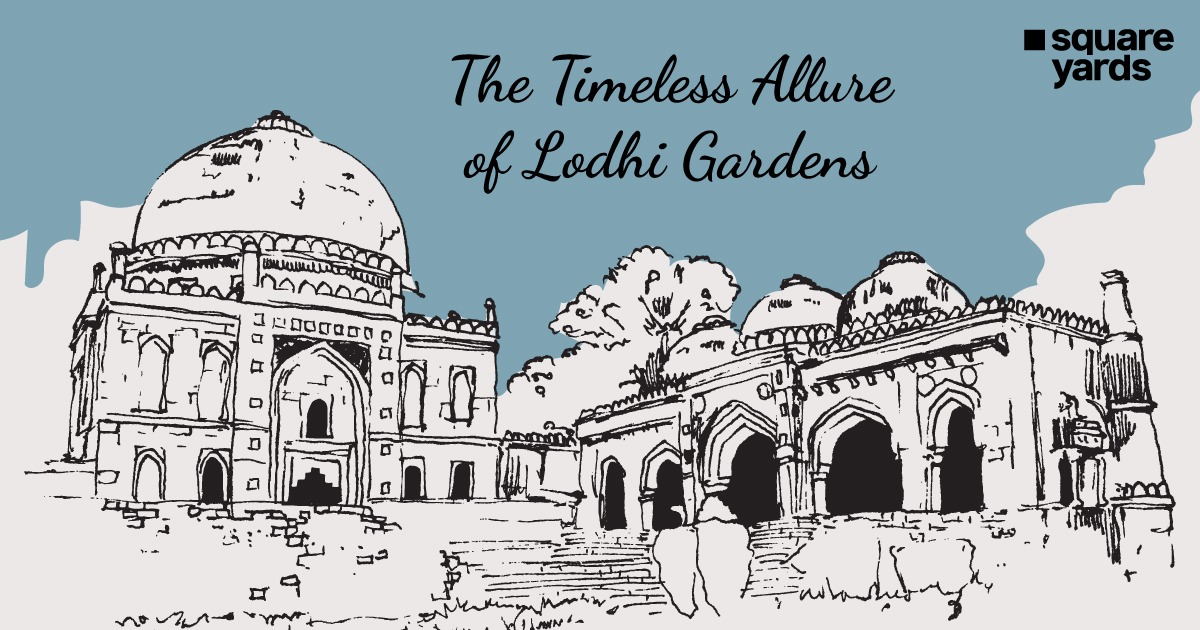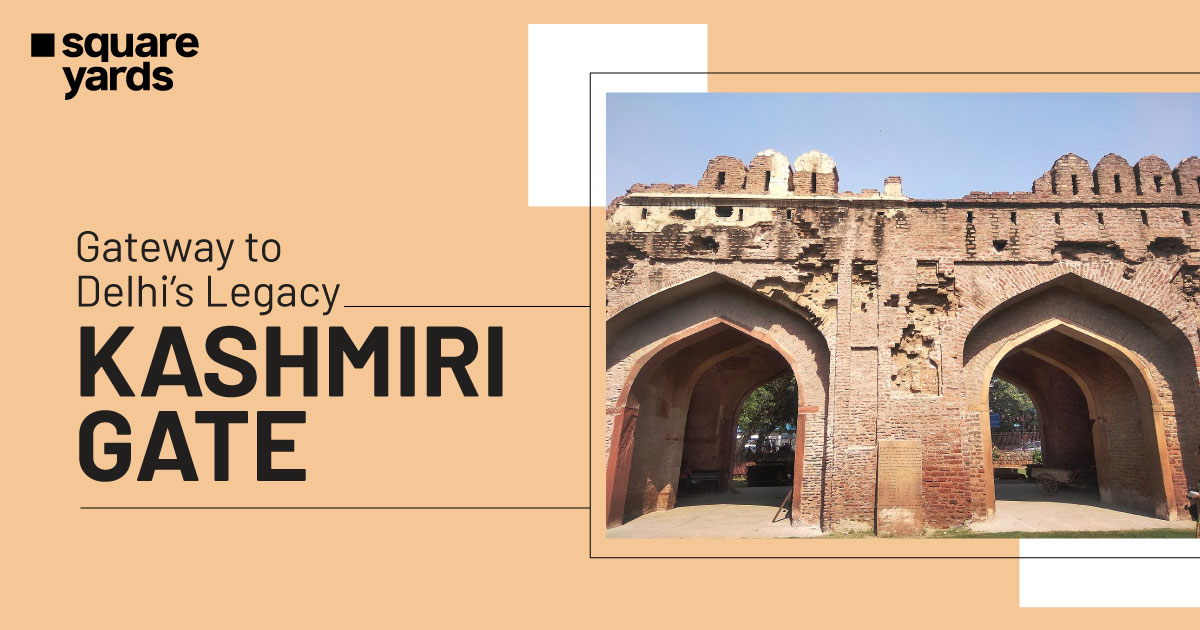A positive move is in place towards the sustainability of the environment with the single-use plastic ban in India effective from 1st July 2022. The central government pertinently decided to apply across the country.
The use, manufacturing, import, and distribution of plastic items, including wrapping and packaging materials, cutlery such as plates, spoons, and cups, and plastic used in PVC banners under 100 microns, were banned by the government of India.
Table of contents
Single-Use Plastic Ban in Lucknow and its Initiatives
The government of Uttar Pradesh has been following the single-use plastic ban since 2019, despite the ban only taking effect recently.
Multiple departments of the state government are making an effort to implement the ban at different levels. Environmentalists, traders, and vendors appreciate the decision on the plastic ban. However, they feel that a cost-effective alternative should be in place.
The government partnered with the German Agency for International Cooperation (GIZ) India. This international agency closely works for India’s sustainable economic and geological developments to build awareness among the citizens about plastic management.
Under this initiative, 734 Municipal Corporations in Lucknow itself mobilised various plastic management programmes to spread awareness about the single-use plastic ban. Such as Maha Safai Abhiyan, Eco Mela, UP Kothan, Plastic collection drive, Bartan Thela Bank, and Ghat Cleanliness Drive. Participation of school and college students, NCC cadets, guides, and self-help groups has enhanced the plastic collection drive to maximise participation.
Importance of Single-Use Plastic Ban in Uttar Pradesh
Single-use plastic has disrupted the aquatic life that falls prey to this artificial predator. The rivers in Uttar Pradesh have been a victim of this menace by polluting the Ghats and giving it an unpleasant view to the visitors.
The decomposition of plastic takes up to 500 years. In this process, bits and pieces enter the body with our food intake. It hampers the body in numerous ways without our realisation. Plastic can damage human organs if it is burnt in a public space.
To remodel Uttar Pradesh as a single-use plastic-free state, the authorities have launched a campaign named ‘RACE’ that stands for –
- Reduction in the use of plastic
- Awareness among the citizens
- Circular solution to the disposal
- Engagement of everyone
The campaign will organise plastic collection drives all over Lucknow and identify plastic-free zones in the city.
Did you know?
According to the UN Environment Programme (UNEP), countries and states across the globe purchase 1 million plastic bottles every minute and 5 trillion plastic bags are used every year. In total, Half of the plastic production is designed for single-use purposes. It is to be utilised only once and soon be discarded.
86% of single-use plastic ends up in landfills or unregulated land. The plastic stays in the environment for the longest time and refuses to decompose. It releases toxic fumes that affect the environment in numerous ways if burnt. Thus, it is feasible to completely ban plastic use and stop plastic production at the grassroots level.
see also – 5 Best Apartments in Lucknow
Say No to Plastic – List of Plastic Items Banned in Lucknow
Littered single-use plastic items have a detrimental effect on terrestrial and aquatic ecosystems. The government has given a list of products to prohibit completely.
The list of single-use plastic banned items includes:
- Earbuds with plastic sticks
- Balloon plastic sticks
- Plastic flags
- Ice cream and candy sticks
- Polystyrene for decoration, such as thermocol
- Plastic cutlery such as spoons, forks, plates, cups, and glasses
- Straws and stirrers
- Plastic wrapping paper
- Cigarette packs
- Cellophane paper used to wrap sweet boxes
- Invitation cards
- PVC banners under 100 microns
Penalty on Single-Use Plastic Products
The idea is to use greener options such as cloth and compostable bags instead of plastic bags. However, this has not been made cost-effective for many small businesses. Numerous small vendors selling vegetables, groceries or street food have been affected by the ban as it has increased their cost budget.
According to the guidelines, if any individual is found defying the new rule, will be fined under the Environment Protection Act 1986. The use of plastic bags will carry a penalty of up to five years in prison, a fine of up to Rs 1 lakh, or even both.






















